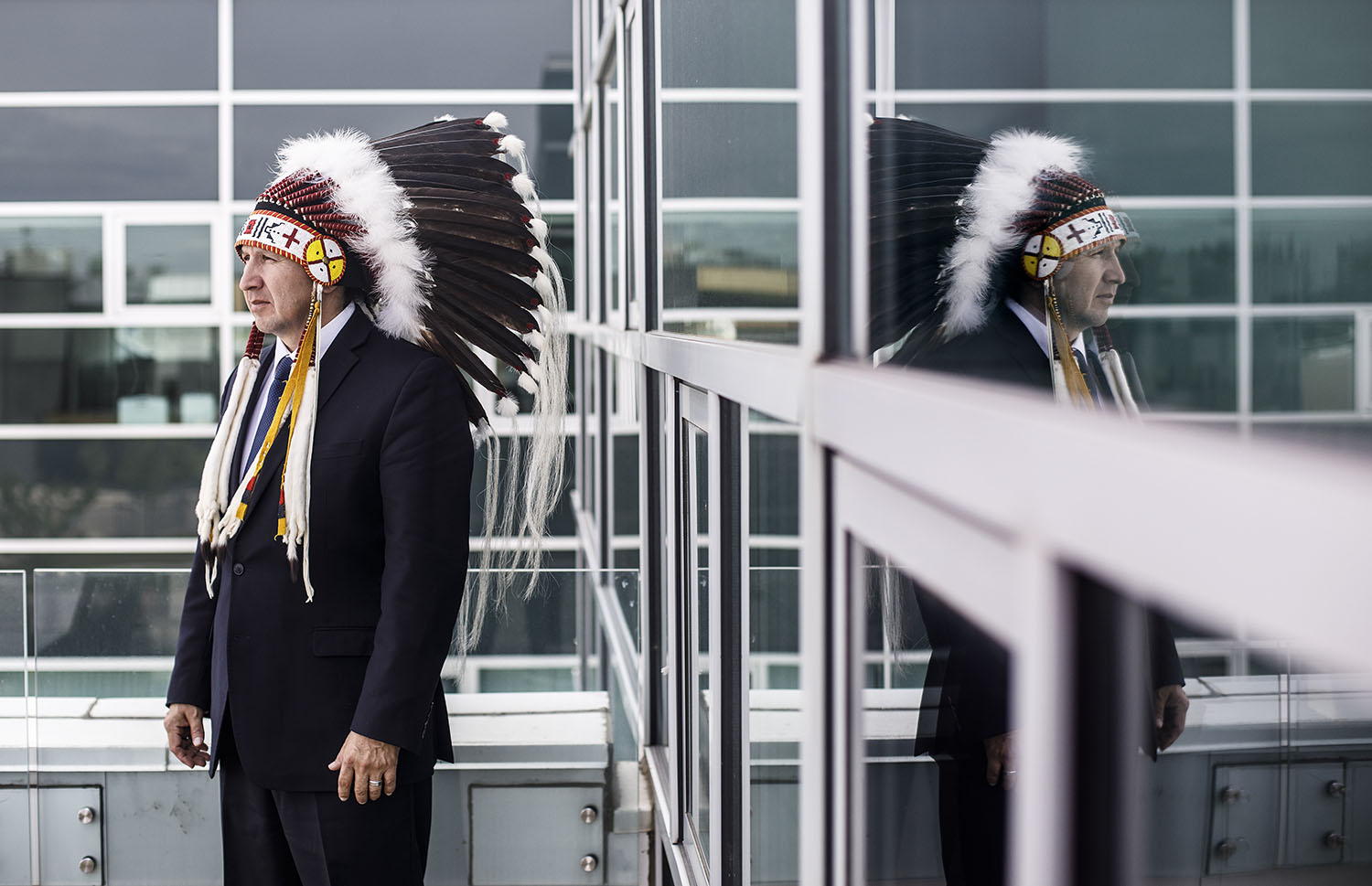National Day for Truth and Reconciliation is a day for all Canadians to commemorate the history and legacy of the residential school system. It’s a day to honour the resilience, dignity and strength of survivors and intergenerational survivors. We must take this time to remember the children who never came home and how it has and continues to impact Indigenous communities across Canada and go beyond wearing an orange shirt.
It is not just what you do to acknowledge Truth and Reconciliation on September 30th. It is about what you do as an individual leading up to the day, listening and learning and sharing with your networks and communities. It is about taking the time to amplify Indigenous perspectives and stories to educate yourself and provide opportunities for Indigenous people to participate actively in decision-making and not just a ‘seat at the table’.
The truth is not always easy to hear. Often, it can be uncomfortable and even painful. As an Indigenous leader, I want all Canadians to think about how they can go beyond wearing an orange shirt and challenging themselves, their families and communities to recognize the importance of this day, year-round through ongoing awareness and education.
1. Listen to and follow the community. Who are the traditional owners and Elders of the land you work and live? Build strong relationships with your community and enable Indigenous leaders to provide guidance when working with communities.
2. An important part of our Indigenous history is our stories. It is part of your role as an ally to amplify the voices within communities and not make it about yourself or self-serving. When you share these words and messages do so without changes, anecdotes or alterations.
3. Continually seek consent and permission.
Consent is not a one-time ask but an ongoing element of any relationship. Always seek guidance and permission before participating in community events and cultural events or wait for invitations to participate.
Being an advocate for communities is only meaningful if it is not performative. It is our shared responsibility to hold others accountable in the face of prejudice, racism and actions. On this day of National Day of Truth and Reconciliation, I challenge all of you to go beyond wearing orange and to take the time to reflect on what you are doing, what you can do and how you will continue to work to incorporate Indigenous perspectives and history into all we do, every day at both work and in our communities.
I have had the opportunity to work with Brookline for several years and have seen the organization embark on such a journey where they remain committed to expanding their knowledge of community traditions and advocating along side us for a better future for Indigenous peoples.
Guest blog by Chief Tony Alexis
